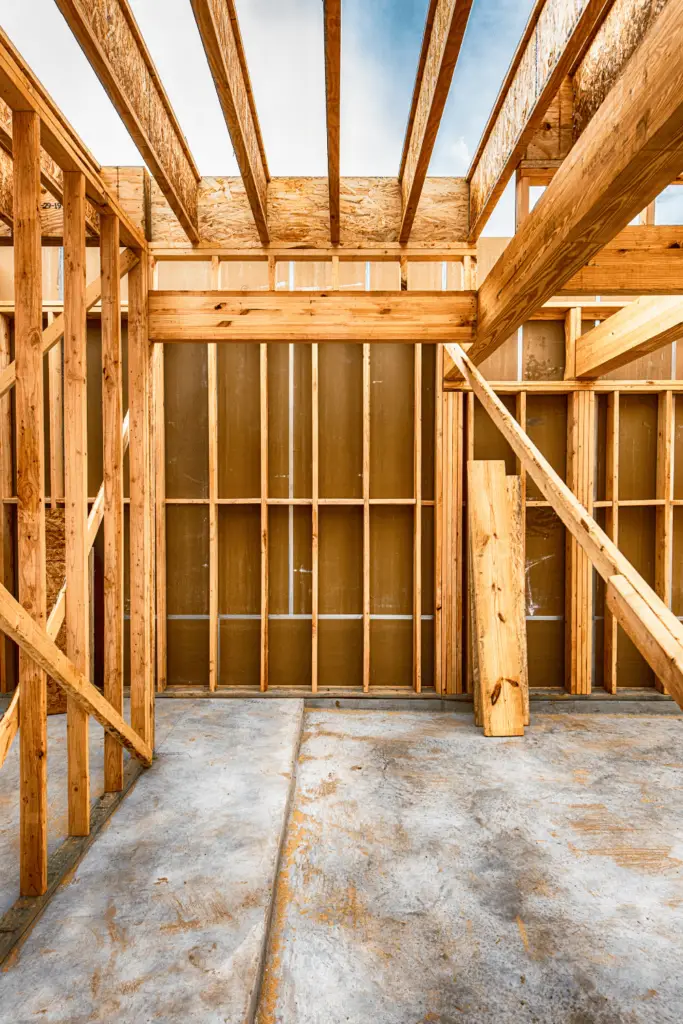What Causes Construction Delays?
Construction delays can be costly and time-consuming, impacting project budgets, timelines, and overall success. Identifying factors that may slow down construction processes and implementing strategies to avoid or mitigate these issues is crucial for project managers, contractors, and stakeholders. This article highlights the most common causes of construction delays and offers solutions to prevent or minimize their impact and ensure efficient construction management.

Poor Planning and Scheduling
Inadequate planning and scheduling lead to delays as tasks may not be effectively sequenced or coordinated. Investing time in detailed project planning, including accurate time estimates for each task, is essential. Utilize advanced project management software to create a comprehensive schedule that accounts for contingencies and allows adjustments as necessary. Do your research to select the right tools for the job–like utilizing skid steers with post drivers to break down thick concrete or an excavator if you’re doing major demolition. Engage in risk management strategies to identify potential challenges and develop action plans. Regularly review the project’s progress, making necessary changes to the schedule to accommodate unforeseen circumstances.
Insufficient Funding
A lack of sufficient funds can bring a project to a standstill. Ensure that you have a well-defined budget and regularly monitor your expenses to avoid overspending. Secure financing before starting the project, and have contingency funds in place to address unexpected costs. Perform consistent financial analyses to track spending and make adjustments as needed. Establish cost control measures to keep spending in check, and communicate budgetary expectations to all stakeholders.
Material Shortages and Delivery Delays
Material shortages or delivery delays can cause significant disruption to a project’s timeline. Establish relationships with reliable suppliers and maintain accurate material inventories. Order materials in advance, allowing for potential delays, and consider using locally available materials to reduce transportation time. Implement a material management system to track deliveries and anticipate potential shortages. Explore alternative suppliers and materials to maintain a buffer stock for emergencies.
Labor Shortages
A lack of skilled labor can cause project setbacks. Develop a robust recruitment strategy, provide training programs, and offer competitive wages and benefits. Maintain open communication with your workforce to address any concerns and minimize turnover. Consider partnering with local trade schools or apprenticeship programs to create a pipeline of skilled workers. Explore options for temporary labor, such as hiring contract workers, in case of sudden labor shortages.
Poor Weather Conditions
Adverse weather conditions can halt construction work and cause delays. Incorporate weather contingencies into your project schedule to plan for potential disruptions. Monitor weather forecasts and adjust your plans accordingly, prioritizing indoor tasks during unfavorable conditions. Develop alternative work plans or schedules to maintain productivity during unexpected weather-related delays. Implement safety measures and protocols to protect workers and equipment during inclement weather.
Contractual Disputes
Disagreements between project stakeholders can lead to delays and additional costs. Establish clear contracts outlining roles, responsibilities, and expectations. Communicate openly with all parties and address any concerns promptly to maintain positive relationships. Consider engaging a neutral third-party mediator or consultant to resolve disputes if necessary. Establish a dispute resolution process for quick and effective resolution of any conflicts.
Inadequate Communication
Poor communication can result in misunderstandings, errors, and delays. Implement a clear communication plan and use collaboration tools to facilitate information sharing among team members. Regularly update stakeholders on project progress and any changes that may affect the timeline. Conduct periodic progress meetings to ensure everyone stays informed and engaged. Encourage open and transparent communication channels among all project participants.
Design Changes
Unexpected design changes can disrupt a project’s schedule and increase costs. Involve all stakeholders in the design process and thoroughly review plans before beginning construction. If design changes are unavoidable, assess the impact on the project timeline and budget, and communicate these changes to all parties involved. Establish a change management process to evaluate and approve design modifications systematically. Coordinate with architects, engineers, and designers to minimize the impact of design changes on the project schedule.
Regulatory and Permit Issues
Delays in obtaining permits or dealing with regulatory compliance can severely hamper project progress. Research all relevant regulations and permit requirements before starting the project. Engage experienced consultants or legal advisors to ensure compliance and expedite the permitting process. Establish open communication channels with regulatory agencies to stay informed about any changes or updates. Allocate sufficient time in the project schedule for permit acquisition and regulatory compliance checks.
Unforeseen Site Conditions
Unanticipated site conditions, such as soil issues, underground utilities, or environmental concerns, can delay construction projects. Conduct thorough site investigations and assessments before starting the project to identify any potential issues. Develop contingency plans to address unforeseen site conditions and allocate additional resources as needed. Communicate any site-related issues to stakeholders and update the project schedule to account for these challenges.







